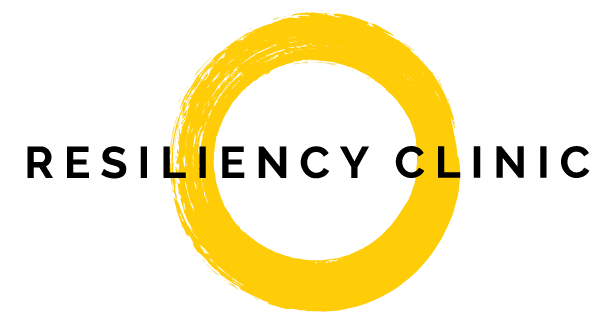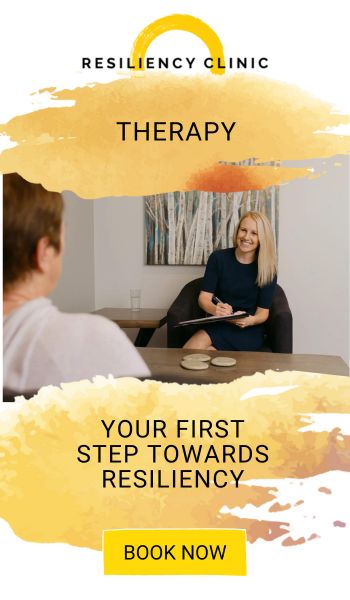Chronic Illness – Our Support Process
What kind of guidance do we provide? It’s a very collaborative process and unique to each client, but here are some of the topics we explore!
Support system
What kind of support do you need in your life? Often, when people with chronic illness are asked about their support network, they report having a lot of support around them. However, when asked if they use the support or if it is the type of support they want, we learn they are not supported in the way they want to be supported. So we often explore what they actually want and need and how to communicate this to their support network.
For example, if a client lives with Celiac disease and finds it difficult to eat out with friends, the client could suggest a restaurant to their friends where they can have a gluten-free meal that they enjoy. It may take practice to open up about what makes life a bit easier with chronic illness. This brings us to our next topic!
Assertiveness
There is really no tool more important in the toolbox of someone who lives with chronic illness. They must learn to assert themselves in their personal life, the professional world, and the healthcare system. What is assertiveness? It is clear, direct communication.
We like to describe it as the sense of “turning towards” others and trying to communicate your thoughts and feelings as clearly as possible. It is NOT aggression, which is when we ‘turn against” others. It helps us avoid repressing thoughts and feelings, which means “turning inwards”. Repression of emotion is a surefire way to build resentment and anger.
There is a lot of shaming about anger in our society, but we recommend seeing anger as a very important and powerful sign that something is wrong and needs to change. Being angry is okay, it’s the actions we take when we are angry that matter. We can process anger without being aggressive or passive-aggressive. Instead, choose clear and direct communication.
For example, a person with diabetes who is working as a cashier, who gets anxious about managing low blood sugars during a long shift, may need to tell their supervisor that they need to have a snack conveniently close by, rather than in the staffroom. If they can share the reasons and open up about why this is important, they can stay calm and grounded. If they bottle it up, then they may not manage their frustration well when they have a hard shift.
Mindful self-compassion
Practicing self-kindness and self-appreciation are key to living well with chronic illness. We can’t solve all the problems associated with living with chronic conditions, but we can bounce back more quickly from setbacks or difficult moments if we apply kindness to our suffering. Self-appreciation means giving ourselves credit for how we cope. These skills help us to live more peacefully with our disease or illness.
To explore these methods of coping with chronic illness and learn about others, reach out and contact us today! Living more peacefully with our disease or illness requires developing a balance between self-compassion’s yin and yang aspects. Kristen Neff, a founder of mindful self-compassion, explains that the yin represents a softer and gentler approach, while the yang embodies a more active and protective quality. For instance, after a day of low energy, practice self-compassion by comforting yourself with rest or a warm bath, acknowledging that you deserve this break. Alternatively, embrace the yang side of self-compassion by using protective self-talk to affirm that you deserve better, free from comparisons to others, as you navigate your unique challenges.
Kristen Neff, one of the founders of the mindful self-compassion approach, describes the “yin and the yang” of self-compassion. The yin is the softer, more gentle side. The yang is the more active and even “fierce” side, with a protective quality. For example, if you find yourself being self-critical after a day of low energy, you can comfort yourself by taking a rest or a warm bath and telling yourself that you deserve this break. On the other hand, using the yang side of self-compassion might mean protective self-talk, such as “I deserve better than that! I don’t need to compare myself to others when I live with my own unique challenges.”
To explore these methods of coping with chronic illness, and learn about others, reach out and contact us today!







